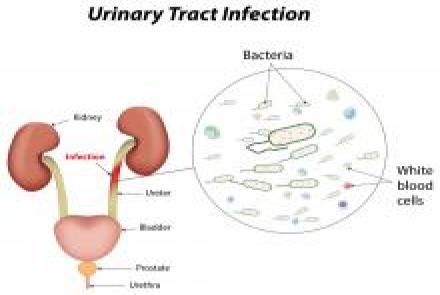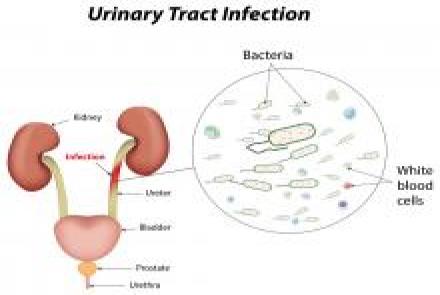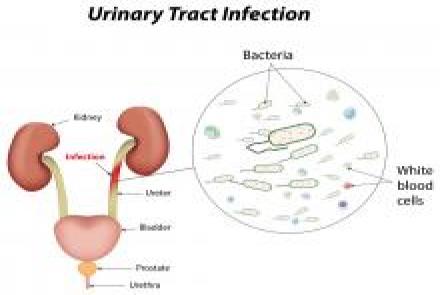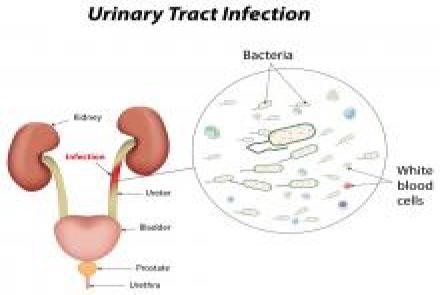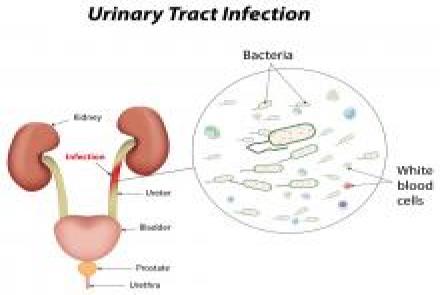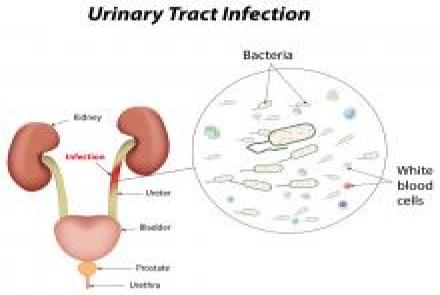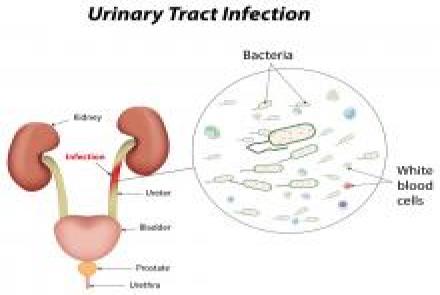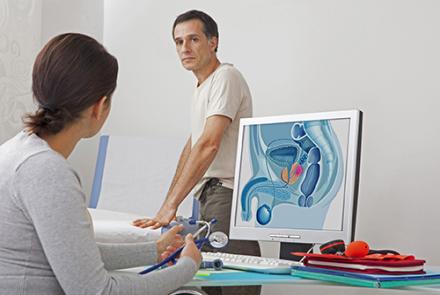Are you at risk?
The following are the risk factors for Diabetic Neuropathy:
Persistent hyperglycemia,
HbA1c >8%,
hypertension,
hypercholesterolemia and
duration of diabetes
Latest Stories
- Prevention Researchers are trying to develop a vaccine to prevent recurrent UTIs. In the meantime, there are simple steps you can take to help prevent UTIs. Health departments recommend: Wiping from front to back after urinating or having a bowel movement. Drinking six to eight glasses of water daily. Drinking water after having sex. Not holding urine for long periods of time. Cleaning your vaginal and rectal areas daily. Taking showers instead of baths. Wearing comfortable underwear, tight…
- Here are some useful tips on management of Urinary Tract Infection including dietary guidelines, your UTI management team and what to watch out if you have frequent UTI infections If you are getting frequent infections, try to identify specific triggers as they can be avoided. For women, behavioural modifications such as avoiding use of spermicides, proper perineal care like wiping front to back and postcoital voiding is recommended. In post-menopausal women, vaginal estrogen application…
- Antibiotics are used to treat UTIs. Lower UTIs can be treated with oral antibiotics. Upper UTIs require intravenous antibiotics. Sometimes, bacteria develop resistance to antibiotics. Urine cultures can help your doctor select an effective antibiotic treatment. The following antibiotics are used to treat UTIs: Beta-lactams, including penicillins and cephalosporins (for example, Amoxicillin, Augmentin, Keflex, Duricef, Ceftin, Lorabid, Rocephin, Cephalexin, Suprax and others). Trimethoprim -…
- Diagnosis History and physical exam may suggest whether you have a lower or upper UTI. Definitive diagnosis requires a “clean catch” urine specimen. This is urine collected from the middle of the urinary stream (decreases the contamination of cells and microbes). The doctor will instruct how to do a clean catch. The goal is to avoid picking up bacteria from patient’s skin. Read: Know Your Tests: The Urine Test Doctors will look for a large number of white blood cells in the…
- Symptoms of UTI depend upon what part of the urinary tract is infected. Lower UTIs are infections of the urethra and bladder. Their symptoms include: Burning with urination Increased frequency of urination with scant amounts of urine being passed Bloody urine (blood in urine) Cloudy urine (milky colored urine) Urine that looks like cola or tea (dark brown coloured urine) Strong odour to urine Pelvic pain (women - lower abdominal pain) Rectal pain (men - anal pain) Upper UTIs are infections of…
- Anything that reduces the bladder emptying or irritates the urinary tract can cause UTIs. Many factors can put someone at risk. Obstructions: Blockages that make it difficult to empty the bladder can cause an UTI. Obstructions can be caused by an enlarged prostate, kidney stones and certain forms of cancer. Gender: Women are more likely to get UTIs. This is because their urethras are shorter. UTIs in men are less common and more serious. Sexual Activity: Pressure on the urinary tract during…
- Types of UTI There are a number of different types of urinary tract infections. Urinary tract infections usually develop first in the lower urinary tract (urethra, bladder). If these infections are not treated, they may progress to the upper urinary tract (ureters, kidneys). Bladder infection (cystitis) is by far the most common UTI. Infection of the urethra is called urethritis. Kidney infection (pyelonephritis) is a serious condition that requires urgent treatment. Pyelonephritis…
- Many cases of prostate cancer do not need treatment. Because they are so indolent, they do not threaten the individual. For men who harbour tiny, slow-growing lesions, watchful waiting or active surveillance (preferred term) is often preferable to treatment, which may include a combination of surgery, radiation therapy, hormone therapy or chemotherapy. When it only occurs inside the prostate, it may be curable. In those in whom the disease has spread to the bones, pain medications,…


